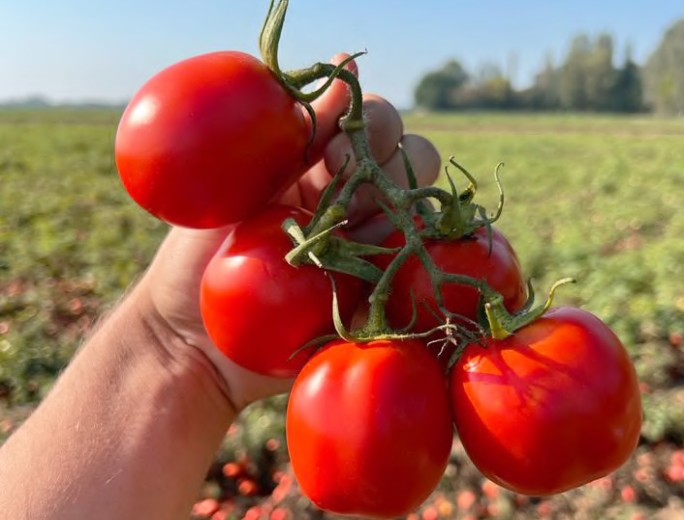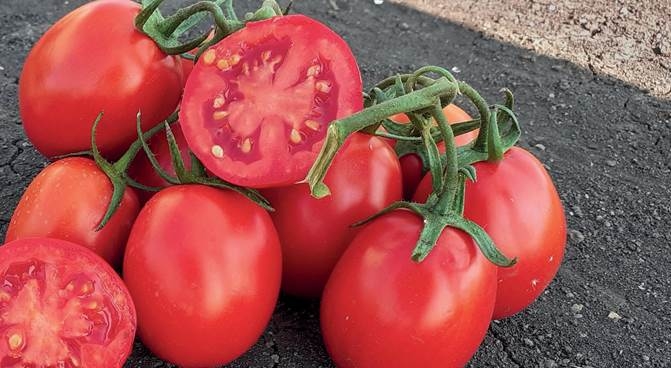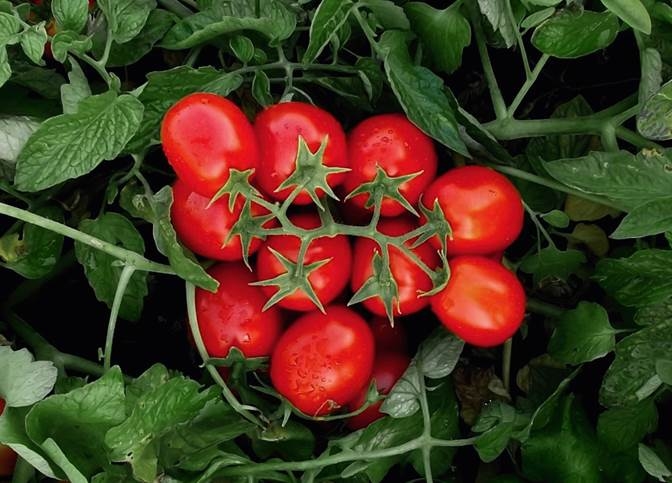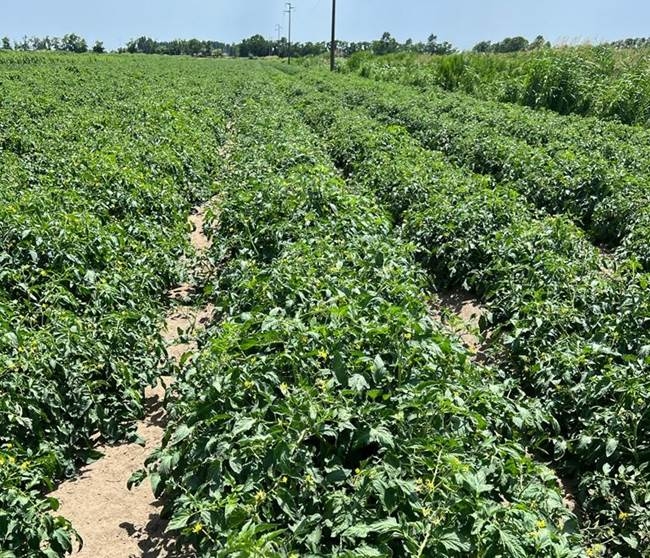Respect for your privacy is our priority
The cookie is a small information file stored in your browser each time you visit our web page.Cookies are useful because they record the history of your activity on our web page. Thus, when you return to the page, it identifies you and configures its content based on your browsing habits, your identity and your preferences.
You may accept cookies or refuse, block or delete cookies, at your convenience. To do this, you can choose from one of the options available on this window or even and if necessary, by configuring your browser.
If you refuse cookies, we can not guarantee the proper functioning of the various features of our web page.
For more information, please read the COOKIES INFORMATION section on our web page.


 According to the Italian press in June, the tomato of the future is now almost within reach. The challenge launched two years ago by the VA.PO.RE. project is currently being taken up: "Evaluation, dissemination and introduction of new tomato varieties resistant to downy mildew and Alternaria for the production of healthier processing tomatoes with less environmental impact". Conducted as part of the 2014-2020 Emilia-Romagna RSP, field, laboratory and industrial processing trials have identified four new tomato varieties ideal for organic cultivation, resistant to downy mildew or Alternaria (or both) and suitable for processing into purees, sauces, diced tomato or juice. The Cartizze, Milbech, Mascali and 20T6406 varieties have been grown on some 30 farms in the most favorable areas of Emilia-Romagna, and are now ready for distribution throughout Italy.
According to the Italian press in June, the tomato of the future is now almost within reach. The challenge launched two years ago by the VA.PO.RE. project is currently being taken up: "Evaluation, dissemination and introduction of new tomato varieties resistant to downy mildew and Alternaria for the production of healthier processing tomatoes with less environmental impact". Conducted as part of the 2014-2020 Emilia-Romagna RSP, field, laboratory and industrial processing trials have identified four new tomato varieties ideal for organic cultivation, resistant to downy mildew or Alternaria (or both) and suitable for processing into purees, sauces, diced tomato or juice. The Cartizze, Milbech, Mascali and 20T6406 varieties have been grown on some 30 farms in the most favorable areas of Emilia-Romagna, and are now ready for distribution throughout Italy.
 Mascali variety
Mascali variety






























